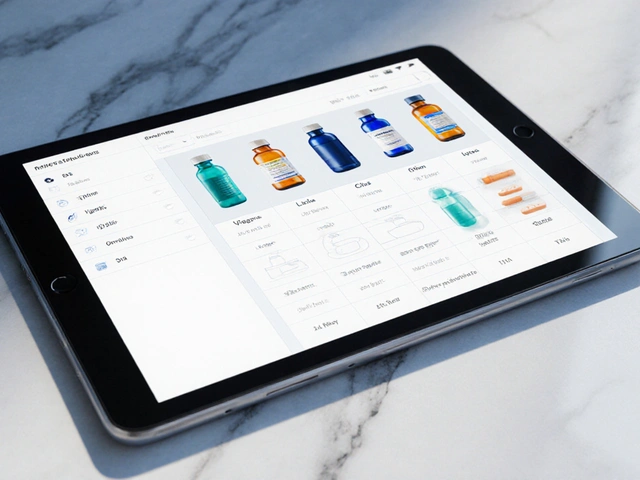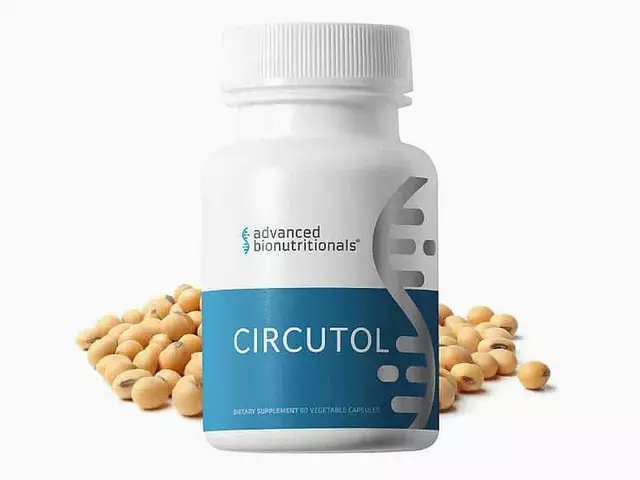Mineral Deficiency Signs You Shouldn't Ignore
Ever feel unusually tired, have muscle twitches, or notice brittle nails? Those could be clues that your body is running low on essential minerals. Spotting these signals early can save you from bigger health problems later.
Why Minerals Matter
Minerals like calcium, magnesium, potassium, iron, and zinc help your nerves fire, muscles contract, and bones stay strong. They also keep your heart rhythm steady and support immune function. When you don’t get enough, your organs start to complain in ways you can feel.
Top Signs of Low Minerals
1. Constant Fatigue – Not just the usual end‑of‑day slump. If you’re dragging even after a full night’s sleep, low iron or magnesium might be draining your energy.
2. Muscle Cramps & Spasms – Sudden tightness in calves or thighs often points to potassium or calcium shortfalls. Athletes notice this a lot during intense training.
3. Weak or Brittle Nails – Nails that split easily or have ridges can signal a zinc or calcium deficiency. Your body uses these minerals to build strong keratin.
4. Unexplained Mood Swings – Irritability, anxiety, or feeling down may be linked to low magnesium or iron, which influence neurotransmitter balance.
5. Frequent Headaches – Dehydration isn’t the only cause. Low sodium or magnesium can trigger vascular changes that bring on headaches.
6. Hair Loss – While stress plays a role, iron and zinc deficiencies are common culprits behind thinning hair.
These signs often appear together, so don’t dismiss one as an isolated issue. Your body tends to give a pattern that tells you which mineral is out of balance.
Want to check yourself? Start by keeping a simple food diary for a week. Note meals, snacks, and any symptoms you notice. Compare your intake with recommended daily values – many nutrition labels give a quick glance at mineral content.
If you suspect a deficiency, a basic blood test can confirm iron, calcium, and magnesium levels. Your doctor may also recommend a urine test for potassium or a hair analysis for trace minerals.
While supplements can fill gaps, they’re not a free pass to ignore diet. Whole foods deliver minerals in a form your body absorbs best. Think leafy greens for magnesium, red meat for iron, dairy for calcium, nuts for zinc, and bananas for potassium.
Remember, too much of a mineral can be harmful too. Excess calcium can lead to kidney stones, and too much iron may cause organ damage. Always follow dosage guidance from a healthcare professional.
Bottom line: Pay attention to what your body is trying to tell you. Spotting mineral deficiency signs early lets you tweak your diet, get the right tests, and bounce back faster.
Still unsure? Reach out to a nutritionist or your primary care provider. A quick chat can turn vague fatigue into a clear plan for better health.

Chelated Minerals Deficiency: Signs, Testing, and Fixes (2025 Guide)
- Date: 2 Sep 2025
- Categories:
- Author: David Griffiths
Think you’re low on chelated minerals? Spot the signs, know what to test, and fix gaps with food and smart supplements. Australia-focused, evidence-based tips.




